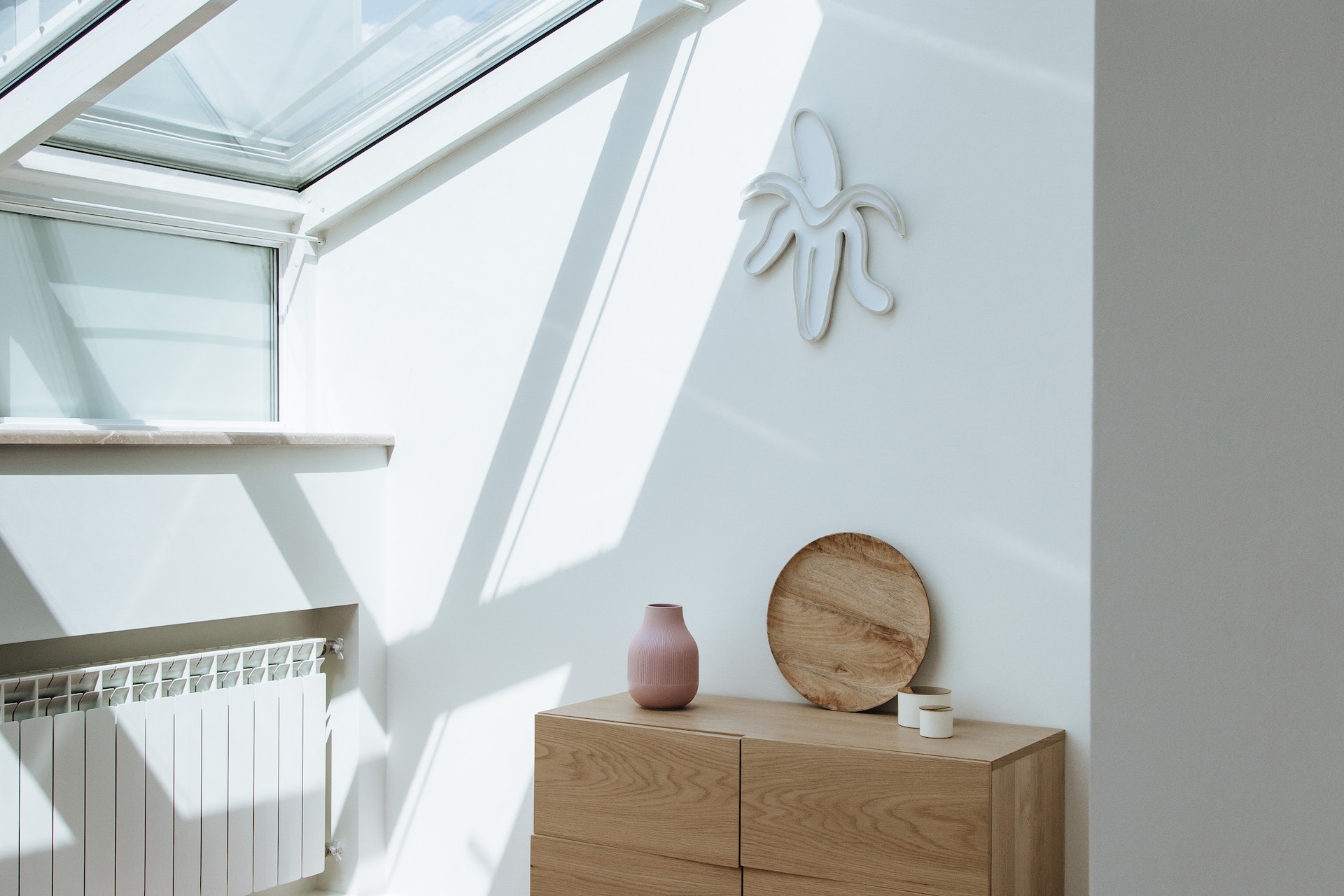Improving Energy Efficiency: A Guide to Attic Insulation in Birmingham

Homeowners in Birmingham, AL, consistently look for ways to improve their home's energy efficiency while maintaining a comfortable indoor environment. One key aspect to accomplishing this is proper attic insulation. Attic insulation plays a crucial role in maintaining consistent temperatures within your home and reducing energy consumption, ultimately saving you money on heating and cooling costs. In this blog post, we will delve into the relationship between attic insulation and energy efficiency, understand how to conduct an insulation assessment, identify common issues impacting the functionality of insulation, and explore steps to improve energy efficiency by upgrading your attic insulation.
Understanding the significance of attic insulation in enhancing energy efficiency is particularly important for homeowners in Birmingham, AL. This region's climate presents unique challenges, with hot summers and cool winters making temperature regulation vital for a comfortable and energy-efficient home. Quality insulation materials and proper installation techniques can significantly impact your home's overall energy efficiency, making it essential to pay close attention to these elements.
As we investigate these topics further, homeowners in Birmingham will gain valuable insights into making informed decisions regarding their home's insulation, maximizing energy efficiency, and enhancing their indoor comfort. By highlighting important factors at each stage, this blog post will serve as a comprehensive guide for Birmingham, AL homeowners seeking to improve their homes through proper attic insulation.
The Correlation between Attic Insulation and Energy Efficiency
1. Temperature Regulation
Proper attic insulation effectively acts as a barrier that helps prevent heat transfer between the indoors and the exterior environment. By impeding heat flow, insulation significantly contributes to maintaining consistent temperatures within your home throughout the year. During summer, insulation keeps the heat outside, reducing the workload on your air conditioning system. In contrast, during the cold winter months, insulation helps retain heat indoors, ensuring that your heating system runs efficiently.
2. Reduced Energy Consumption
Because attic insulation aids in regulating indoor temperatures, it can also reduce your energy consumption. With an adequately insulated attic, your heating and cooling systems will not have to work as hard to maintain comfortable temperatures, thereby saving energy. As a result, homeowners can experience substantial savings on their monthly utility bills.
3. Material and Installation Quality
The quality of your insulation materials and the techniques used during installation have a direct impact on the overall energy efficiency of your home. Utilizing high-quality materials, along with a professional installation from experienced professionals, can play a significant role in maximizing your home's energy efficiency.
Conducting an Insulation Assessment
1. Type and Quality of Existing Insulation
As you assess your home's current insulation, take note of the type and quality of your existing insulation materials. If you are uncertain about the kind of insulation in your attic, consult a professional insulation contractor to evaluate the material's performance and R-value.
2. Insulation Performance and R-Value
The R-value is an essential measurement of the insulation material's resistance to heat flow. Higher R-values typically correspond to better insulation performance. It is crucial to evaluate your attic insulation's current R-value and ensure it meets the recommended R-value by the US Department of Energy for your particular climate zone.
3. Signs of Insulation Problems
While assessing your attic insulation, keep an eye out for any signs that suggest problems with your insulation's performance. Some common indications include uneven temperatures throughout your home, drafts, increased energy bills, and dampness or mold growth in your attic.
Common Issues Impacting the Functionality of Insulation
1. Air Leaks and Gaps
Air leaks and gaps in your attic's insulation can compromise your home's energy efficiency. By allowing conditioned air to escape and unconditioned air to enter your living spaces, these gaps place an additional strain on your heating and cooling system, which translates to increased energy consumption.
2. Moisture and Mold
Moisture problems can be a significant issue for attic insulation, as excess moisture can potentially damage the insulation materials and create a breeding ground for mold. This can not only reduce the effectiveness of your insulation but also pose health risks to your family.
3. Insulation Deterioration or Damage
Over time, insulation materials may deteriorate or become damaged, resulting in reduced performance. It is essential to regularly inspect your attic insulation and replace any damaged or old insulation materials to maintain optimal energy efficiency.
Steps to Improve Energy Efficiency by Upgrading Your Attic Insulation
1. Consult with a Professional Insulation Contractor
To ensure an effective insulation upgrade, consult a professional insulation contractor with local experience. These experts can help guide you through the process, recommend suitable insulation materials, and ensure proper installation techniques tailored to your specific needs.
2. Selecting Suitable Materials
Based on the assessment and consultation with the insulation contractor, choose the appropriate insulation materials best suited to your home and the Birmingham, AL, climate.
3. Ensuring Proper Installation and Air Sealing
Professional installation is vital for maximizing your attic insulation's efficiency. Part of this process includes thorough air sealing to minimize gaps and air leaks, further enhancing energy efficiency.
4. Ongoing Maintenance
Continually maintaining your attic insulation and conducting regular assessments can help ensure that your insulation continues to perform effectively and efficiently over time.
Conclusion
Proper attic insulation is an essential component in achieving better energy efficiency and optimizing indoor comfort for homeowners in Birmingham, AL. By assessing your home's existing insulation, identifying potential issues, and taking the necessary steps to improve or upgrade your attic insulation, you can significantly enhance your home's energy efficiency and save money on monthly utility bills. Consulting with a professional insulation contractor and using high-quality materials are vital for the success of your insulation upgrade and ongoing maintenance efforts. Embrace the benefits of proper attic insulation and elevate your home's energy efficiency to new heights.
Looking for expert attic insulation in Birmingham, AL? Koala Insulation Birmingham is your go-to source for spray foam, blown-in, and batt insulation. With over fifty years of combined insulation installation experience, our team of attic experts is dedicated to providing you with the best possible service and results. Don't let poor insulation affect your home's comfort and energy efficiency. Contact us today to schedule an appointment!
Find Your Location


Get a quote



